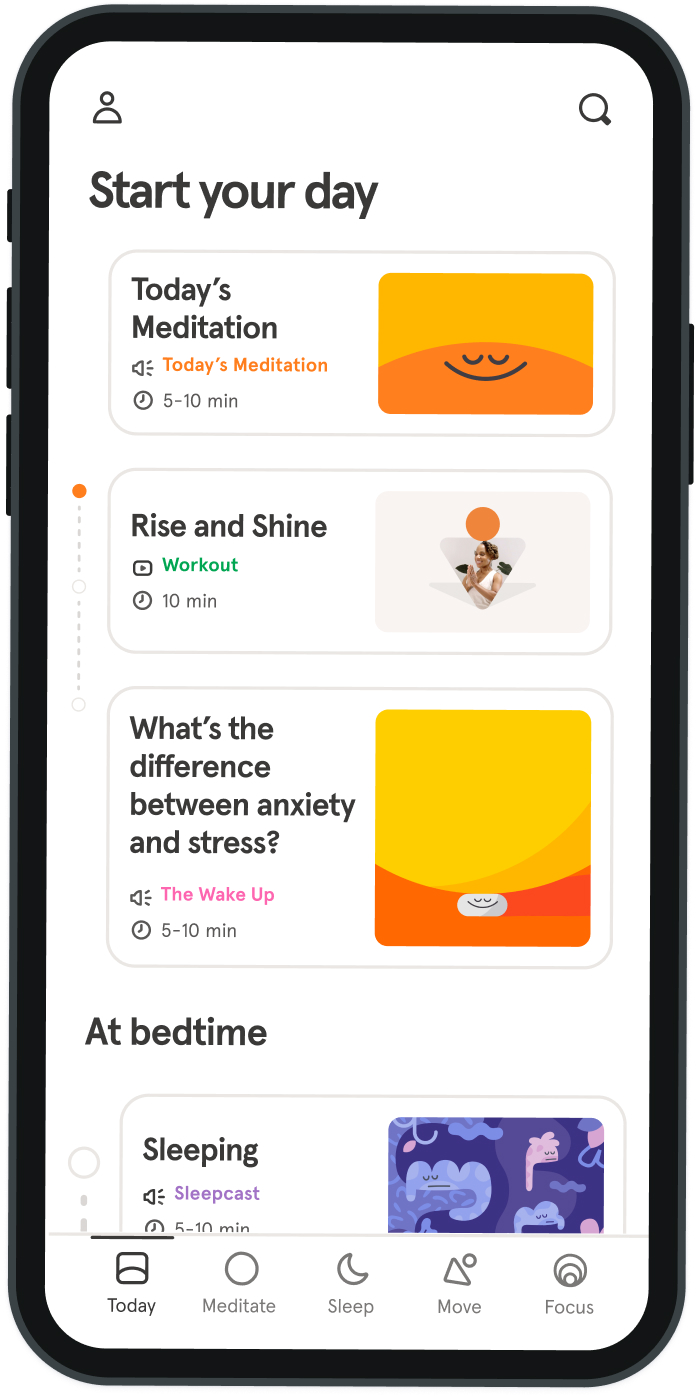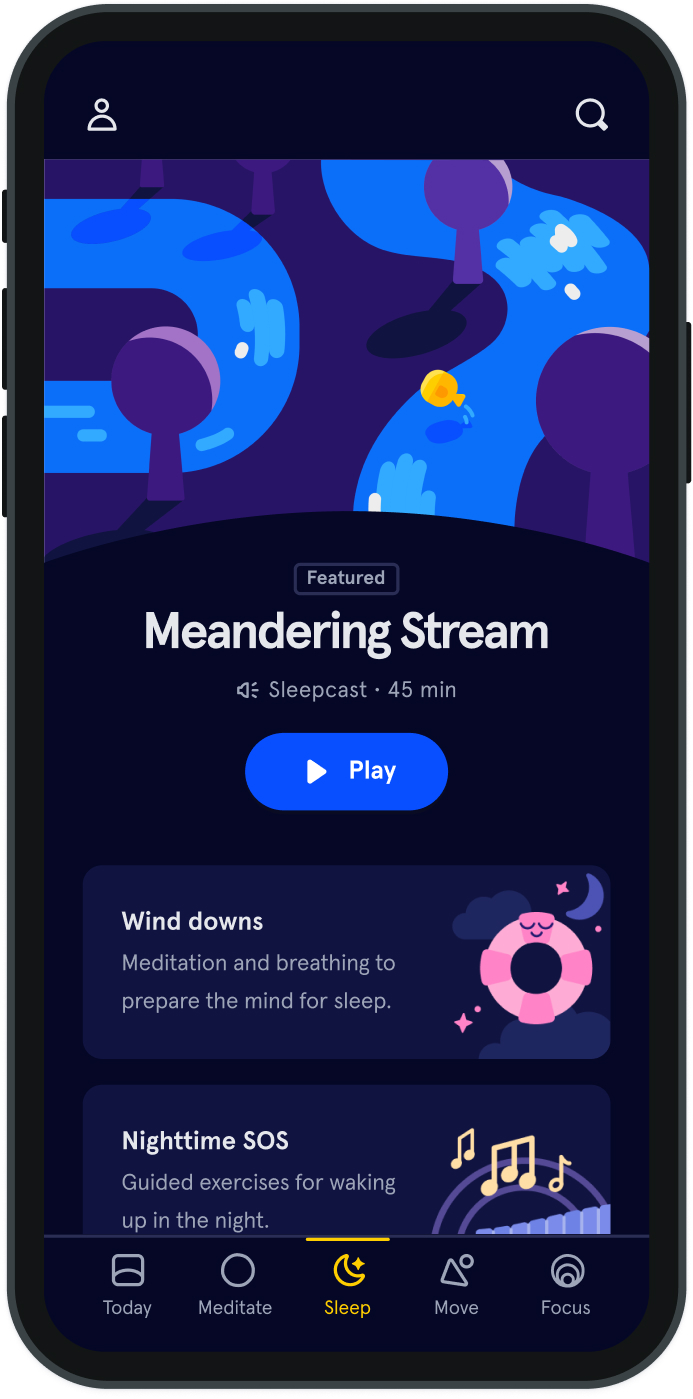What LeBron James can teach us about decision-making
When LeBron James announced he was switching NBA teams (the first time), the way he justified his decision drew nearly as much attention as the move itself: “I wanted to do what was best for LeBron James and what LeBron James was going to do to make him happy.”
To many fans, LeBron’s third-person references sounded egotistical and weird. But he’s hardly the only celebrity to do this: Kanye West, Jennifer Lawrence, Donald Trump, and even Nobel Prize winner Malala Yousafzai have also spoken of themselves in the third person. It may seem off-putting, but new research indicates that this pronoun switch can lead to more rational thinking. Ethan Kross, director of the Emotion and Self-Control Lab at the University of Michigan, conducted several studies in which participants reflected on a stressful social situation. Some participants were instructed to think of themselves in the first person, while others were asked to talk to themselves using non-first-person language—you, she, he, etc. The participants who kept “I” and “me” out of their analyses exhibited less anxiety and clearer reasoning than their counterparts. Consider this writing sample from the study: “I am afraid that I won’t get a job if I mess up during an interview. And I always mess up in some way. I never know what to say, and I’m always incredibly nervous. I end up in a feedback loop of nervousness causing bad interviews causing nervousness. Even if I got a job, I think I would still be afraid of interviews.”
Now compare that to the words of a participant who wrote in the second person: “You worry too much about what people think. You need to focus on what needs to be done, and what you can do to execute it. The simple fact that others will be around does [not] change what you need to do. Focus on you, and you will be fine.” Instead of escalating the tension, as the writer of the first sample did, this author actually took steps to defuse it. Kross believes that when people think about themselves in second or third person they’re more able to take an outsider’s view of their situation. “We usually use names and non-first-person language when we communicate with others. When you use those parts of speech to refer to the self, it should lead you to think about yourself in a way that’s more similar to how you think of others,” he said. This more distant perspective helps people refrain from getting caught up in their emotions or their ego—“Why is this happening to me?”—and, instead, see the bigger picture. The findings on self-talk build on earlier research by Kross and colleagues that use self-distancing visualization techniques. In these studies, participants were asked to recall an upsetting memory. The subjects who imagined themselves from a distance, taking a “fly on the wall” perspective, were less emotional, less prone to negative rumination, and had better problem-solving behavior when interacting with partners. Kross explained that when people reflect on an unhappy memory they often fall into an emotional trap. “They want to feel better about it, come to grips with what happened, learn about the experience, and move on. But they have trouble doing that because once they think about the event they become so emotional,” he said. “We get people to take a step back by adopting the ‘fly on the wall’ perspective. Once people adopt that vantage point, we say ‘Okay now try to make sense of why that person over there felt the way they did.’”
In other words, this technique helps people move past their emotional reactivity so they can start to make sense of the situation. Meditation practitioners may recognize the instruction to detach from the self and observe thoughts and feelings rather than become immersed in them, and, indeed, Kross says there is a lot of overlap between the two techniques. But there are also important differences. “We look at distancing in the service of trying to make sense of an experience, in order to make meaning,” he said. “Whereas in mindfulness, the focus is not on analyzing and evaluating one’s feelings from a distance but rather accepting and observing.” But, like mindfulness meditation, Kross believes self-distancing is best practiced silently. He says there’s no research that indicates speaking aloud about yourself, like LeBron, has any benefits—and it actually can do some harm. Since we’re not accustomed to hearing people—other than a few celebrities—refer to themselves in the third person, adopting this as a speaking style could prompt others to see you as egotistical or narcissistic. Maybe save this speaking style for the mirror at home.

When people think about themselves in second or third person they’re more able to take an outsider’s view of their situation.
Sara Eckel


Be kind to your mind
- Access the full library of 500+ meditations on everything from stress, to resilience, to compassion
- Put your mind to bed with sleep sounds, music, and wind-down exercises
- Make mindfulness a part of your daily routine with tension-releasing workouts, relaxing yoga, Focus music playlists, and more
Meditation and mindfulness for any mind, any mood, any goal

Stay in the loop
Be the first to get updates on our latest content, special offers, and new features.
By signing up, you’re agreeing to receive marketing emails from Headspace. You can unsubscribe at any time. For more details, check out our Privacy Policy.
- © 2025 Headspace Inc.
- Terms & conditions
- Privacy policy
- Consumer Health Data
- Your privacy choices
- CA Privacy Notice
